We test the new Syncros Capital SL wheelset 40 and 60 mm
The new Syncros Capital SL wheels have just been presented and here we tell you all their new features and characteristics, but the truth is that we were lucky enough to test them before their final presentation and in this article we tell you our first sensations after riding with them for a few days.
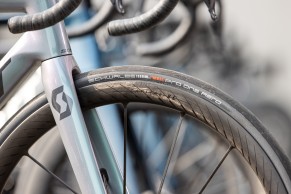
We test the new Syncros Capital SL wheelset in their Aero and 40 mm versions
We went to Freiburg, to Scott's headquarters, to know first hand what were the guidelines for the development and manufacture of these new Syncros Capital SL. In addition, there we were able to test the two most exclusive versions of the new Capital, the SL and SL Aero models, fitted on a Scott Foil RC Ultimate, perhaps the perfect bike for these wheels.
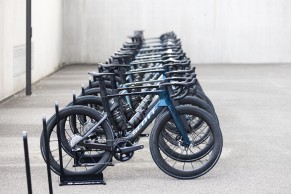
Riding with the Syncros Capital SL Aero
RECOMENDADO
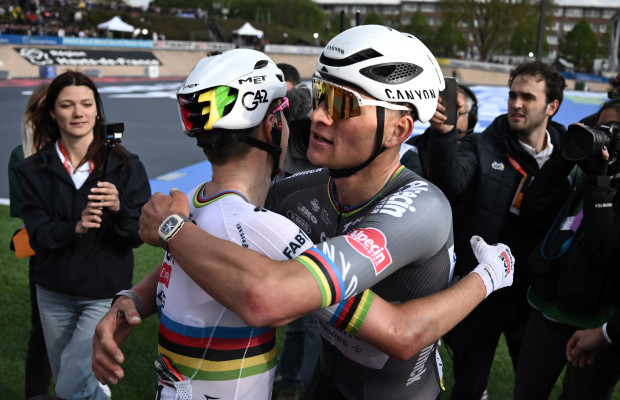
Complete list of the highest paid cyclists of 2025
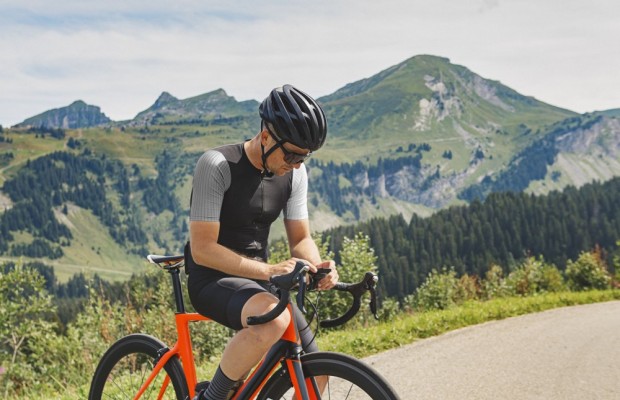
How many calories are burned when cycling
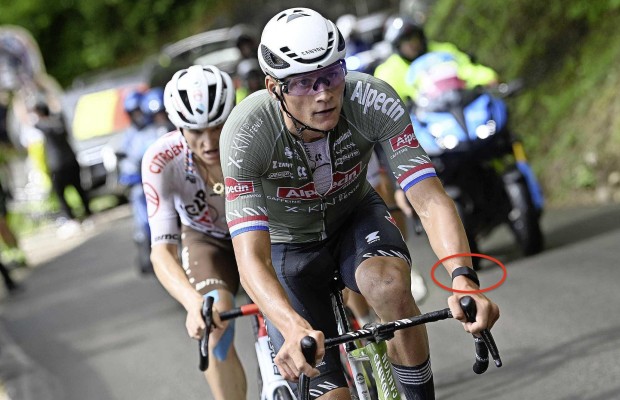
What is heart rate variability and how does it affect the cyclist?

Change wheels if you want to transform your bike's behavior
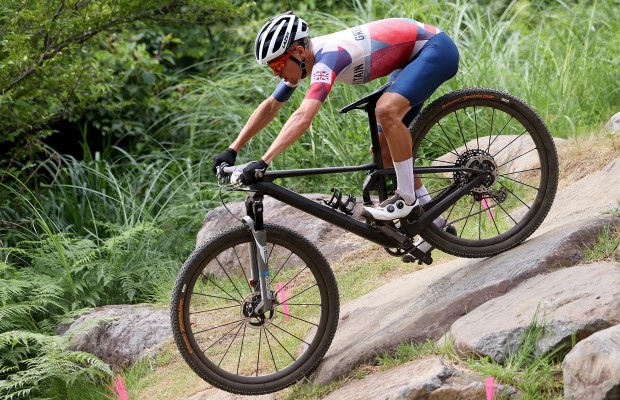
What bike size do you need? Here's how to find out
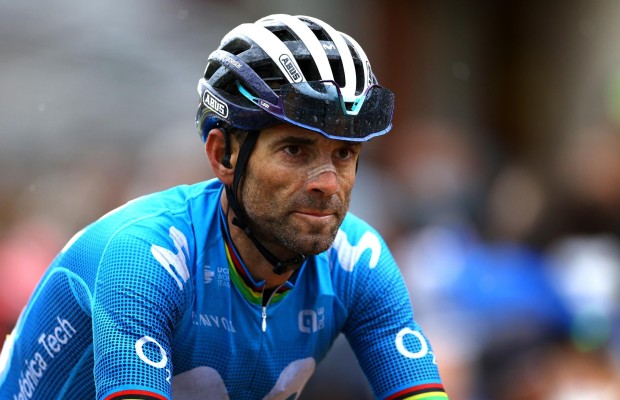
How does age affect performance and recovery?
The roads of Freiburg and its surroundings were the place chosen to make the first kilometers with the new Syncros Capital SL 60 mm and there we found a good condition asphalt and spectacular Swiss landscapes. Undoubtedly, the perfect setting to put them to the test.
The first thing that surprises you about these wheels is their weight, considering that we are dealing with a 60 mm profile, but it is even more surprising when you start riding with them. The low weight and the right distribution of the masses facilitate a fast acceleration, unusual for wheels of this profile.
The same result is obtained when we face different climbs that we find along the route. They are not designed to be the fastest in the climbs to the ports, but nevertheless its lightness makes that we can maintain a good pace at all times.

Its strong point, without a doubt, is to ride at high speeds. With a very studied and optimized aerodynamics, which allows to maintain speed with less energy expenditure. To this is added the collaboration with Schwalbe to reduce rolling resistance, providing a saving of watts. In addition to appreciating a smooth ride.
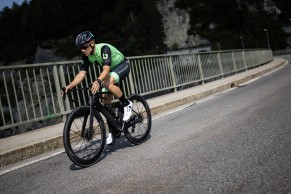
Designed and manufactured to function as a single structure, it shows high stiffness values without compromising the overall weight of the wheel. This allows our lines in each corner to be precise, transmitting a plus of safety. Also contributing to this is the internal width chosen, with 23 mm on the front wheel to minimize air resistance and 25 mm on the rear wheel for greater comfort. In order to increase this feeling, Schwalbe has manufactured the 28 mm wide Pro One Aero with a lighter and sharper front tyre, while the rear tyre improves rolling resistance and durability. The durability of these new Schwalbe tyres is something that we are currently experiencing in a test set.
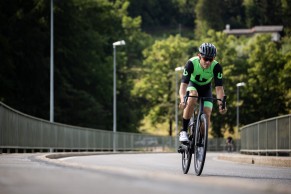
On the day of our test there were gusts of wind that affected us on the steepest descents when they entered from the side, making the steering of our Scott Foil slightly nervous. Even so it is something that we only noticed in that situation, because on flat terrain its aerodynamics filter without problems the incidence of wind.
Riding with the Syncros Capital SL 40 mm
The second day was the turn of the 40 mm profile version, the Capital SL and again fitted on the same Scott Foil RC Ultimate. This time the course had a variable terrain in which, as the main attraction, we would face a climb of about 4 kms.
In this case if we notice what we expected, its lightness allows us to climb quickly and despite carrying a bike with an aerodynamic cut, to maintain a good speed throughout the climb. This is its strongest point.
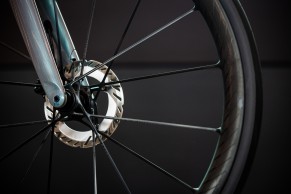
Again, stiffness and mass distribution are key in the Syncros Capital SL to allow us to make lightning accelerations, with sensations of increasing speed so easily, that any time seemed good to make a start to try to leave the group.
There is a big difference with the Aero version when it comes to riding on the flat, the extra 20 mm turns into seconds when riding at high speed. However, having 25 mm inside on both wheels gives you more comfort and confidence in the parts of the trail that require more skill.
On descents it moves easily and there is no trace of side wind incidence, transmitting a security and poise that encourage us to let the bike run.
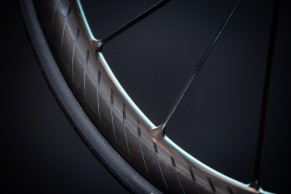
According to Syncros, both models are suitable for gravel use, but given the choice, the 40 profile and 25 mm internal width both front and rear we believe that will tip the balance as the most chosen by gravel users.
Conclusion
These wheels are sure to become a reference in road cycling, as well as a real alternative for gravel.
If we had to choose one of the two models, it would be a difficult task. The Capital SL are very versatile in all terrains, standing out especially in climbs. In addition, in our opinion, this is a model that we would also use for gravel. However, the Capital SL Aero is extremely effective in the fight against the wind, which gives it an advantage on flat terrain. Even so, there is not too much difference when it comes to launching them compared to the 40 profile version. Perhaps from our point of view, we would opt for the SL Aero if we were going to dedicate them to competition and the SL to a more varied use.
Specifications and prices
Capital Aero SL
- Monocoque Carbon
- Rim depth: 60 mm
- Internal width: 23-25mm D/T
- Road & Gravel
- Weight: 1290g
- Price: 4199.80 €
Capital SL
- Monocoque Carbon
- Rim depth: 40 mm
- Internal width: 25mm
- Road & Gravel
- Weight: 1170g
- Price: 3999.80 €